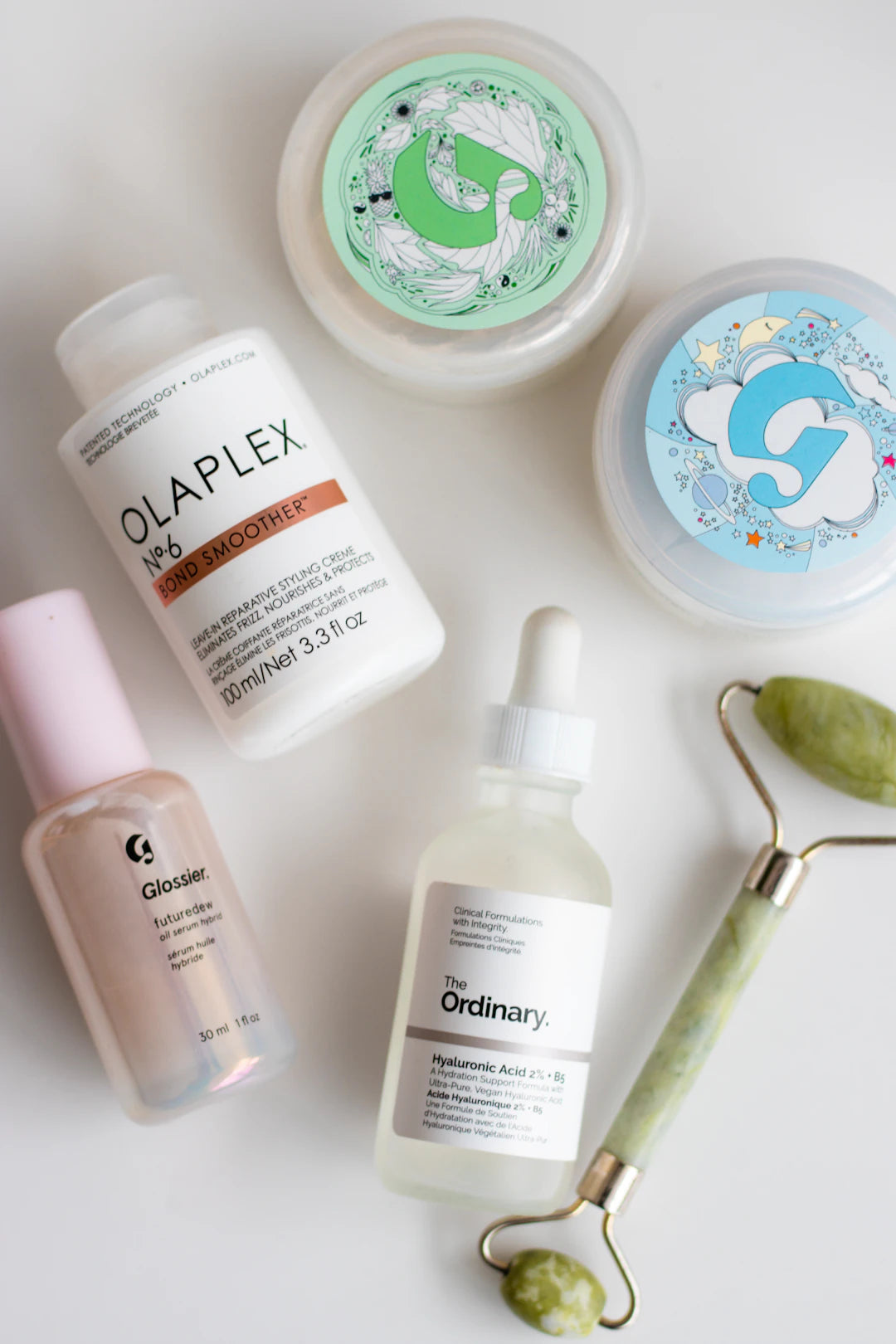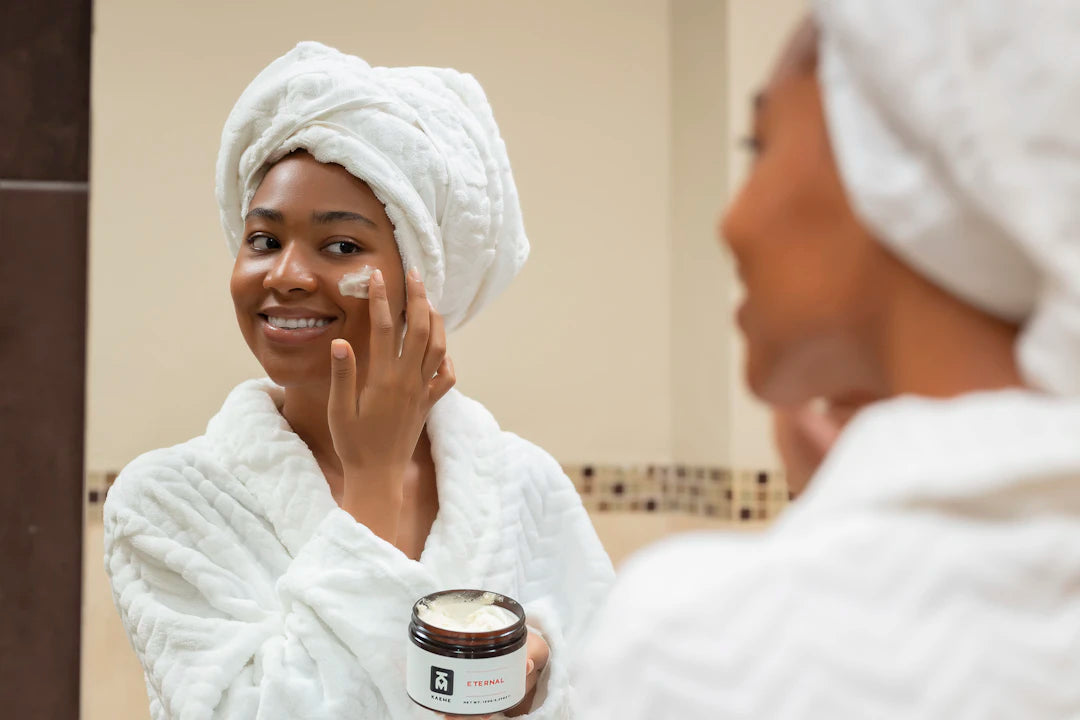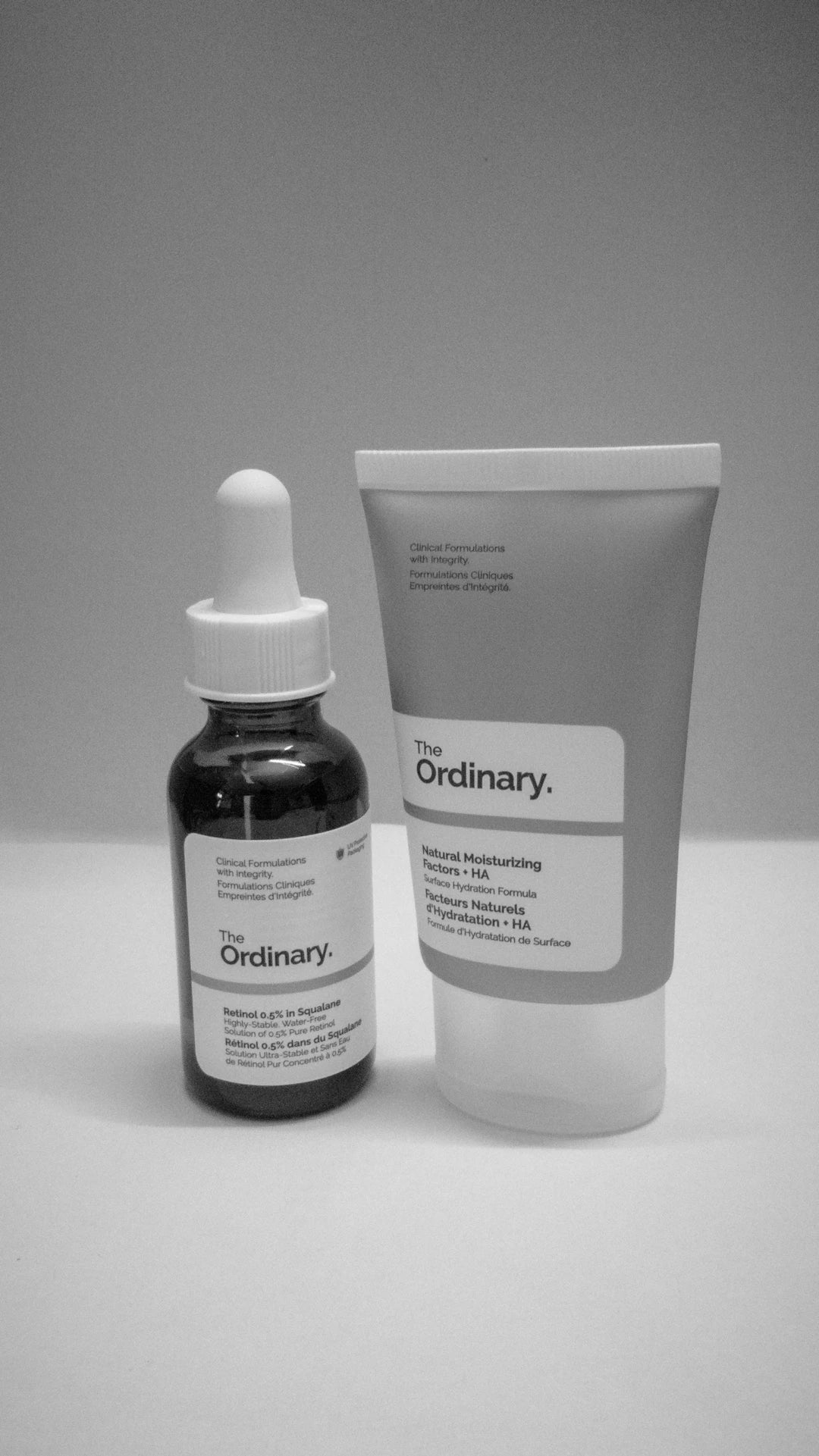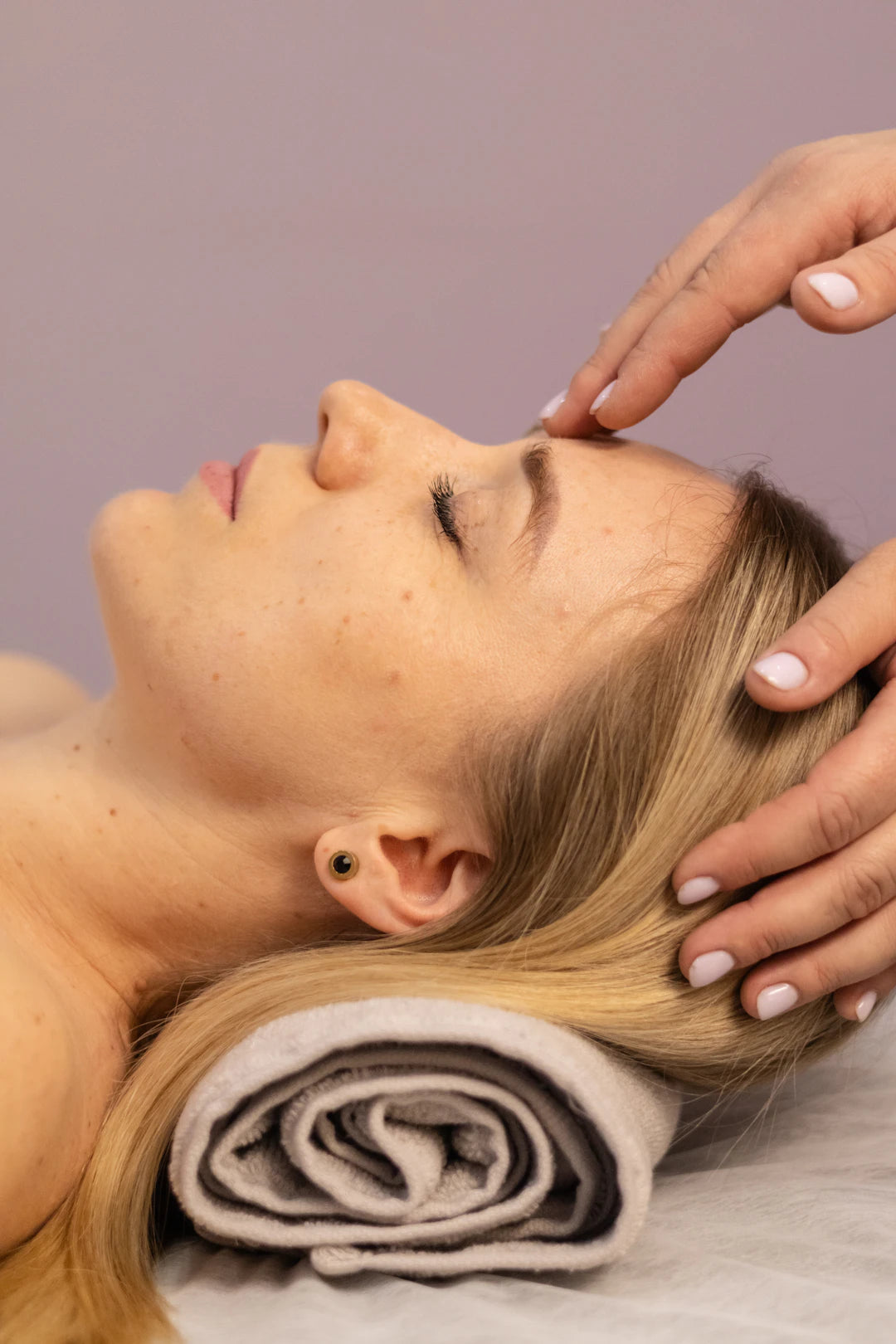The Power of Diet in Your Skin Care Routine

Overview
Diet plays a crucial role in skin health, impacting its appearance and texture. Key factors include hydration, essential vitamins (like C, E, and A), healthy fats (such as omega-3s), and antioxidants from colorful fruits and vegetables. Supporting gut health with probiotics and minimizing sugars and processed foods can also enhance skin appearance. A holistic approach, including exercise, sleep, and stress management, is essential for achieving vibrant skin. Embrace whole foods and healthy habits for a youthful glow.
Frequently Asked Questions
1. How does diet affect skin health?
2. What are the essential vitamins for radiant skin?
3. How can hydration impact skin texture?
4. What foods should I avoid for better skin health?
5. Are skin supplements necessary for healthy skin?
Your skin is often a reflection of your inner health, and diet plays a pivotal role in its appearance and texture. What you eat not only affects your overall wellness but also impacts your skin's vibrancy and youthful glow. In this article, we delve into how specific dietary choices can enhance your skin care routine and how supplementing with certain foods can address various skin concerns, including anti wrinkles. Let's explore this fascinating connection between diet and skin health!
The Skin-Diet Connection
The connection between diet and skin health is profound. Our dietary choices provide the essential nutrients and compounds that our skin needs to repair, rejuvenate, and maintain its luster. Factors such as hydration, vitamins, minerals, and healthy fats are crucial in this special relationship.
Hydration: The Foundation of Healthy Skin
One of the simplest yet most effective ways to maintain youthful skin is by staying adequately hydrated. Water makes up a significant portion of the skin's composition, and proper hydration helps keep the skin plump and elastic. When you’re dehydrated, your skin can appear more dry, dull, and wrinkled.
To ensure you’re getting enough hydration, aim for at least 8-10 glasses of water a day. Additionally, incorporate water-rich foods like cucumbers, oranges, and strawberries into your diet. These fruits and vegetables not only hydrate but also provide antioxidants and vitamins essential for skin repair.
Essential Vitamins for Radiant Skin
Vitamins are vital for maintaining your skin’s health and combating signs of aging. Certain vitamins help to create a protective barrier, while others promote cell turnover and repair. Here are a few key vitamins you should include in your diet:
- Vitamin C: Essential for collagen production, Vitamin C helps combat wrinkles and improve skin texture.
- Vitamin E: Known for its antioxidant properties, Vitamin E helps combat free radicals that lead to skin aging. You can find it in nuts, seeds, and leafy greens.
- Vitamin A: This vitamin promotes skin cell renewal and can be found in foods such as carrots and sweet potatoes.
Healthy Fats: Nourishing Your Skin from Within
Incorporating healthy fats into your diet can significantly benefit your skin's plumpness and elasticity. Omega-3 fatty acids, known for their anti-inflammatory properties, can help combat conditions such as acne and eczema while mitigating the appearance of fine lines and wrinkles.
Foods rich in omega-3s include:
- Fatty fish like salmon and mackerel
- Walnuts and flaxseeds
- Chia seeds
Aside from omega-3s, avocados are another excellent source of healthy fats that also provide Vitamin E, further enhancing your skin’s protection against oxidative stress.
The Role of Antioxidants in Skin Health
Antioxidants are compounds that fight damage caused by free radicals, which can lead to skin aging and inflammation. Incorporating a variety of colorful fruits and vegetables into your diet ensures a rich supply of these skin-loving antioxidants:
- Berries: Blueberries, raspberries, and strawberries are rich in anthocyanins, offering potent antioxidants.
- Greens: Spinach and kale contain Vitamin C and other important antioxidants.
- Dark Chocolate: Yes, a sweet treat! Dark chocolate has powerful antioxidant properties and can improve skin hydration.
Gut Health and Its Impact on Your Skin
You might be surprised to learn that your gut health significantly influences your skin appearance. A healthy gut microbiome can help reduce inflammation and promote clearer skin. Foods high in fiber and probiotics can facilitate gut health and, in turn, enhance your skin's overall appearance.
Probiotic and Prebiotic Foods
To support your gut health, consider incorporating these foods into your diet:
- Fermented Foods: Foods like yogurt, kefir, kimchi, and sauerkraut are high in probiotics that can nurture your gut bacteria.
- Prebiotic Foods: Foods such as bananas, onions, and garlic serve as food for good bacteria in your gut.
The Dangers of Sugars and Processed Foods
While discussing skin-friendly diets, it’s crucial to highlight foods that can harm your skin. High sugar diets and processed foods can lead to inflammation and increased oil production, exacerbating skin conditions like acne.
By minimizing your intake of sugar and processed foods, you can help your skin maintain a healthier tone and texture. Replacing sugary snacks with nutrient-dense options can help you achieve better skin health naturally.
Meal Planning for Better Skin
To make the most out of your dietary choices for skin health, consider meal prepping. Here are some tips on planning your meals for better skin:
- Prioritize Color: Aim to fill your plate with a rainbow of fruits and vegetables, which will help ensure a wide variety of nutrients.
- Leverage Whole Foods: Choose whole grains, lean proteins, and healthy fats over processed options.
- Snack Smart: Opt for nutrient-dense snacks instead of chips or sweets. Nuts, berries, and yogurt can be great choices.
Skin Supplements: Are They Necessary?
While a well-rounded diet should provide the necessary vitamins and minerals for skin care, some may consider supplements to boost their intake of specific nutrients. Supplements such as collagen peptides and beauty oils can play a role in maintaining skin elasticity and hydration.
However, it's essential to consult with a healthcare provider before starting any supplements, ensuring they complement your dietary regimen rather than replace it.
Creating a Holistic Skin Care Approach
Remember that skin care goes beyond just diet; it encompasses a holistic approach to health and beauty. Here are a few holistic practices to include:
- Regular Exercise: Physical activity boosts circulation and enhances nutrient delivery to the skin.
- Proper Sleep: Adequate rest is necessary for skin repair and renewal, often referred to as “beauty sleep.”
- Stress Management: High-stress levels can result in skin problems; consider meditation, yoga, or other relaxation techniques.
Say Goodbye to Wrinkles with a Holistic Approach
Embracing the correct dietary choices along with lifestyle practices can significantly impact your skin's health and appearance. By incorporating more whole foods, healthy fats, and antioxidants into your daily routine, you can minimize the appearance of fine lines and wrinkles naturally. Remember, creating a radiant complexion is a journey that involves nurturing both your body and mind. Foster a positive relationship with food, nourish your body, and allow your skin to reflect all the love you invest in it!
Linked Product

Beauty Oil
Beauty Oil combines antioxidant-rich moringa and sacha oils to hydrate and renew your skin while remaining non-comedogenic. This formulation is designed to help address signs of aging, such as fine lines and wrinkles, making it a beneficial addition to your skincare routine. It can also complement treatments like microdermabrasion for enhanced results.
View Product

